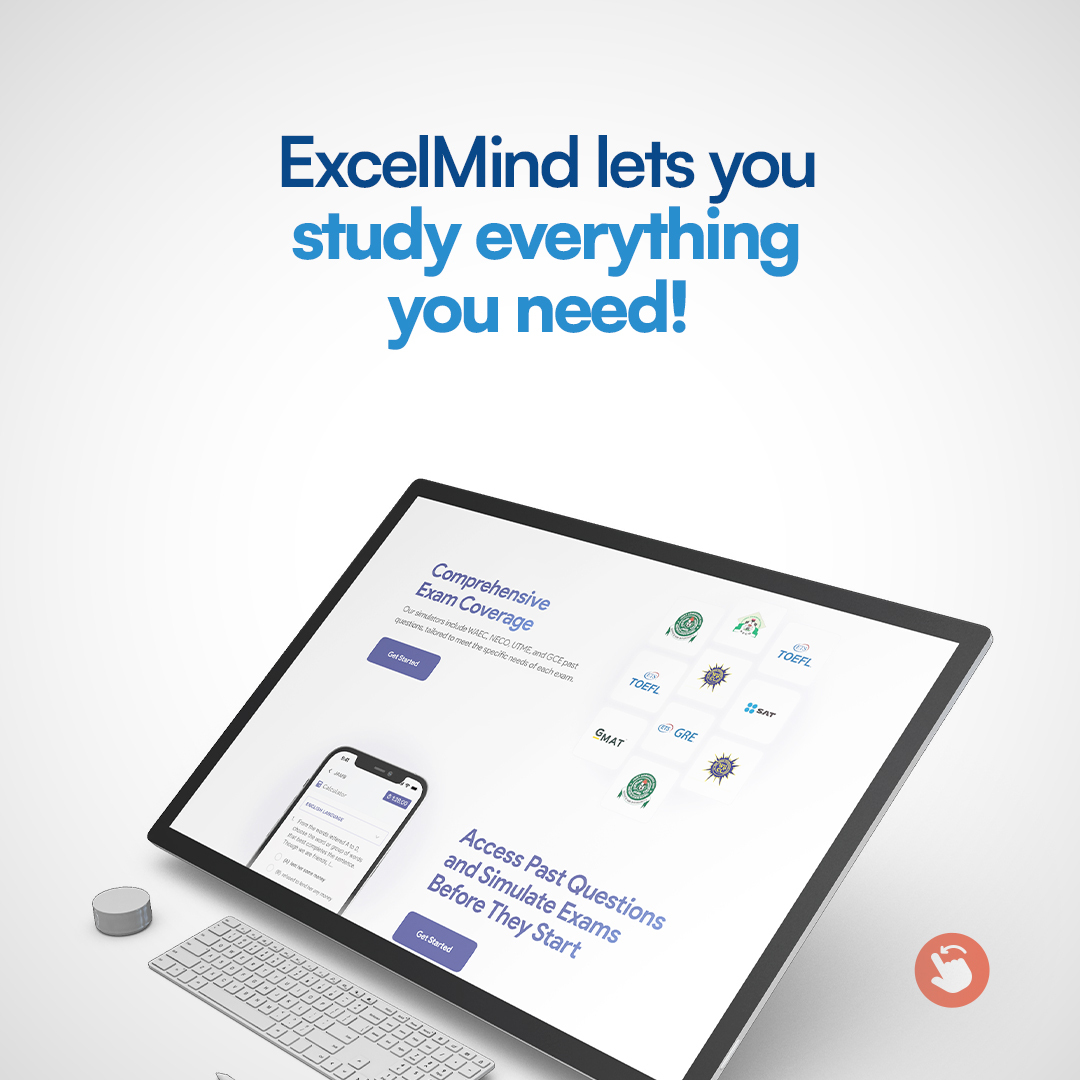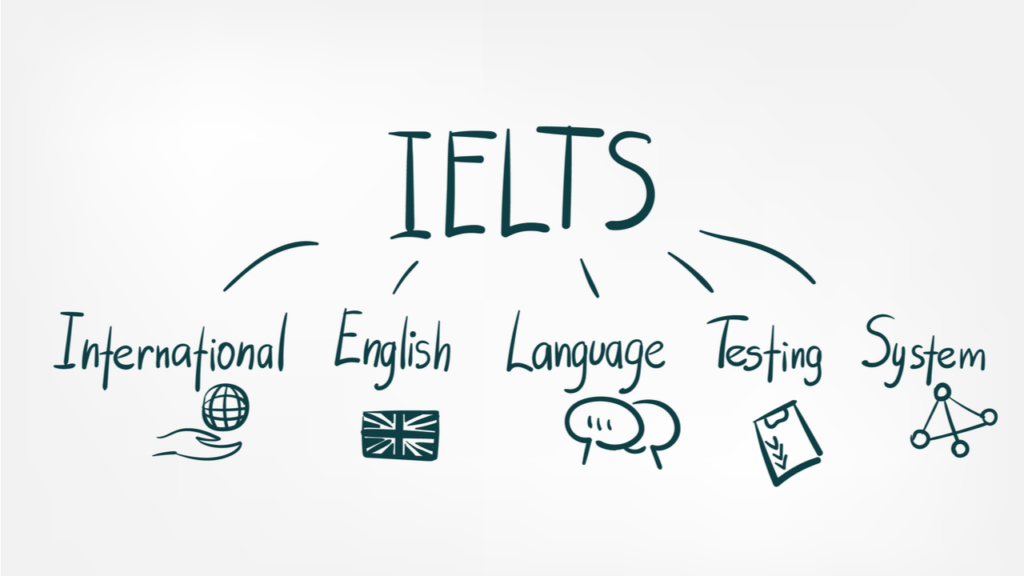Physical Address
304 North Cardinal St.
Dorchester Center, MA 02124

Is IELTS easy to pass? If you’re like most students, you’ve probably heard mixed reviews—some say it’s easy, others claim it’s incredibly tough. The truth is, it’s not about whether the IELTS is inherently easy or hard; it’s all about how you approach the exam.
In this article, we’ll use an incredible tool that guarantees success: ExcelMind.

Whether you’re just starting your preparation or looking for ways to boost your performance, you’ll find answers, strategies, and a powerful tool to help you pass with confidence.
See Also: How to Study for IELTS and Pass: Your Power Guide to Success
So, is IELTS easy to pass? Well, the answer isn’t as simple as yes or no. For many students, IELTS can seem like a daunting test because it measures four different skills: listening, reading, writing, and speaking. It’s not just about knowing the language but being able to use it in different situations. Here’s why it can feel challenging:

Many people’s take on IELTS mention general strategies like “practice more” or “improve your vocabulary,” but they fail to address the real emotional and mental challenges students face.
Is IELTS easy to pass? Yes, if you have the right strategy, tools, and mindset. Here’s the thing: IELTS is a test of your English proficiency, but it’s not about being perfect. It’s about showing how well you can use the language. And that’s where ExcelMind comes in.

ExcelMind is an innovative app designed to help you pass IELTS at once. It’s not just about giving you a bunch of practice tests; it’s about helping you master each section with tailored guidance. Here’s how ExcelMind is the ultimate solution for passing IELTS:
One size doesn’t fit all when it comes to preparing for IELTS. ExcelMind helps you create a customized study plan based on your strengths and weaknesses. Whether you’re struggling with listening, speaking, reading, or writing, the app will analyze your performance and suggest the best resources and practice exercises for you.
How it helps: Instead of wasting time on sections you’re already good at, ExcelMind focuses on areas where you need improvement, making your study sessions efficient and effective.
The listening and speaking sections often cause the most anxiety. In ExcelMind, you get access to interactive listening exercises with different accents, speed variations, and real-world scenarios. The speaking practice feature allows you to record your voice and compare it with sample responses, helping you improve fluency and pronunciation.
How it helps: This gives you an immersive experience, so when the test day arrives, you’re already familiar with the types of accents and scenarios that might come up.
Writing in IELTS isn’t just about grammar; it’s about structure, coherence, and task achievement. ExcelMind offers real-time feedback on your writing tasks. It helps you organize your essays better, suggest improvements for clarity, and score your writing based on IELTS criteria.
How it helps: With immediate feedback, you won’t waste time repeating mistakes. You can improve and grow after every practice session.
Vocabulary overload is another problem many IELTS test-takers face. You don’t need to memorize random word lists; instead, ExcelMind helps you learn useful vocabulary in context. It integrates vocabulary exercises into your listening and reading practice, showing you how to use new words naturally in speaking and writing.
How it helps: ExcelMind’s contextual vocabulary exercises help you remember words in a way that feels natural, ensuring that you can use them confidently when you need them.
Many students struggle with anxiety when they see the real test paper. ExcelMind removes that fear by simulating actual IELTS test conditions, including timed sections and randomized questions. It helps you practice under pressure without the added stress of unfamiliarity.
How it helps: By getting used to the test format and timing, you’ll feel more relaxed on exam day because you’ve already experienced the pressure during practice.
With ExcelMind, you don’t need months of preparation. You can master the IELTS exam in just 30 days. With daily practice, focused study sessions, and consistent feedback, you’ll be ready to take the test and pass it at once.
How it helps: The app helps you track your progress, ensuring that you’re consistently improving and that your efforts are always moving you closer to your goal.
Read: How to Pass IELTS Writing: The Secret to Achieving a High Score
If you’re wondering, “Is IELTS easy to pass?” the answer is yes, but only if you have the right tools. ExcelMind is not just another IELTS prep tool—it’s the most effective solution for passing IELTS in record time.
You don’t have to worry about guessing how to study, spending hours on ineffective methods, or facing test-day surprises. ExcelMind guides you through each step, helping you pass at once.
Take Action Now and Pass IELTS with ExcelMind
Now that you know how ExcelMind can help you pass IELTS at once, it’s time to take action. Don’t let the stress and confusion of IELTS hold you back. Start using ExcelMind today and watch your IELTS score soar.
Click [here] to sign up on the ExcelMind app and begin your preparation. Let us help you achieve the band score you’ve been dreaming of.
Read Also: What Is the Passing Score of IELTS? Ansered! 2025
So, is IELTS easy to pass? It can be, especially when you have the right guidance and tools. ExcelMind is here to make IELTS preparation easier, smarter, and faster. Start now, follow the steps, practice consistently, and pass your IELTS exam simultaneously. Your dream is within reachand ExcelMind will get you there.
The IELTS exam can be challenging, but it’s not impossible to pass. The difficulty largely depends on your preparation and familiarity with the test format. It tests four key skills: listening, reading, writing, and speaking. Each section has its own challenges, such as time constraints, different accents in the listening section, and the need to write well-structured essays in the writing section.
Passing IELTS can be easy if you approach it with the right preparation and mindset. The exam is designed to test your English proficiency across four skills: listening, reading, writing, and speaking. While it may seem challenging at first, the key to success is understanding the test format and practicing regularly.
With focused preparation, time management, and using the right resources like ExcelMind, which personalizes your study plan, you can improve your skills and increase your chances of passing.
The most difficult part of the IELTS exam varies from person to person, but generally, many students find the listening section to be the toughest. This is because it involves listening to audio recordings with different accents and fast-paced speech. Missing even a small detail can lead to incorrect answers.
A poor score on the IELTS exam typically refers to a band score of 4.5 or below. This score indicates that your English proficiency is limited, and it may not meet the minimum requirements for most academic programs or visa applications.
The easiest part of the IELTS exam can vary from person to person, depending on their strengths and weaknesses in English. However, many students find the reading section relatively easier compared to others, especially if they are comfortable with reading and understanding English texts.
In the reading section, you are given passages followed by multiple-choice, matching, or short-answer questions. If you are good at reading comprehension and time management, this section can be straightforward.
The speaking section can also feel easier for those who are comfortable speaking English in a conversation-like setting. It involves a one-on-one interview with an examiner, which feels more like a casual discussion rather than a formal test.